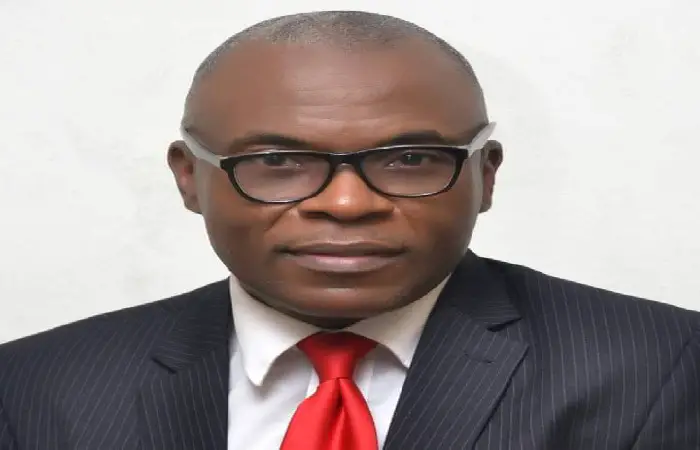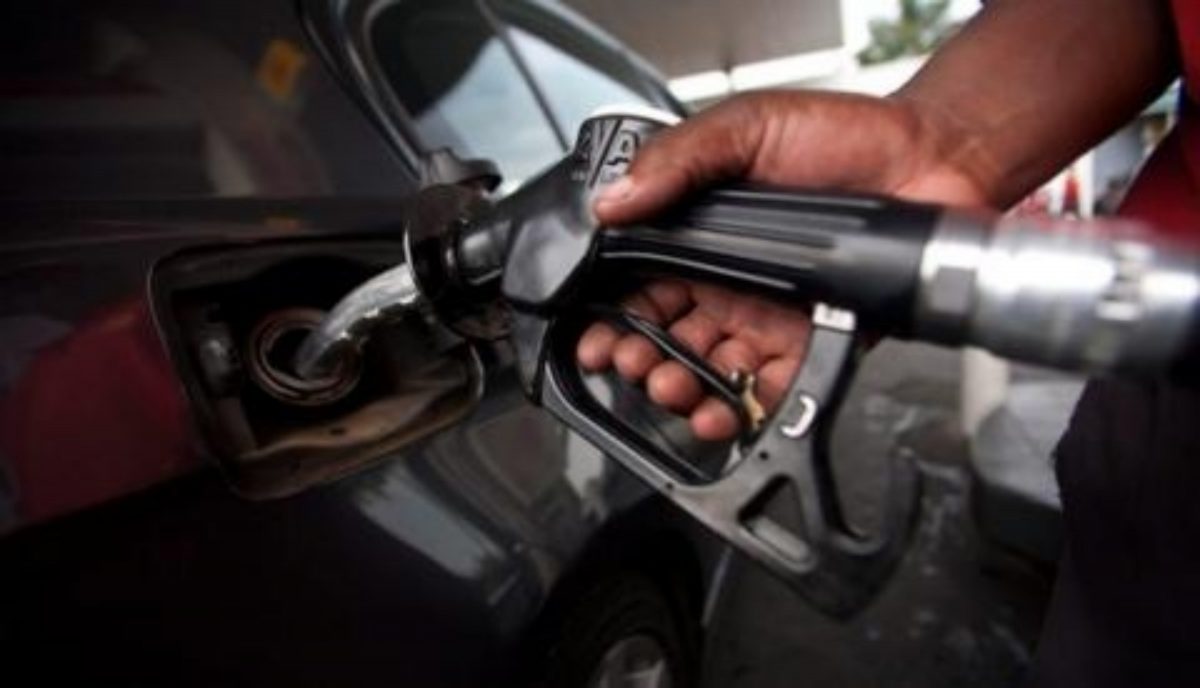Judging by what the eyes see, it seems that after the construction industry, the funeral industry is the largest these days in the South-East, especially in Anambra State where I am more conversant with. The amount of money sunk into funerals these days is mind-boggling.
Parents are living longer – into their 80s and 90s – because of better access to healthcare. Unlike in the 1970s, 1980s and 1990s when people could not check their blood pressure or blood sugar at home, such is available to many families these days, saving many from sudden deaths caused by high blood pressure or low blood pressure or diabetes. When people’s parents live into their 80s and 90s or even late 70s, there is the tendency to turn their funeral into a “celebration of life”.
People of the South-East don’t have the tradition of celebrating their birthdays in a big way, except for those who live in Lagos and Abuja. It is not common to see someone living in the South-East celebrate their 40th or 50th or 60th or 70th birthday with fanfare. If it is done at all, it is usually low-keyed with a couple of family members coming to the house for a get-together. Therefore, the burial of a parent has become an opportunity for big celebrations. It is not officially called a party but it usually has all the trappings of a party or even a carnival.
There are suppliers of virtually everything: brochures, invitation cards, water, drinks, food items, gifts, and canopies. Then, there are undertakers, decorators, security people, servers, MCs, DJs, ushers, camera people for video recording and still photographs. There are also suppliers of aso ebi, which is a cloth design worn by friends and associates for uniformity. In the past, only the direct bereaved family would dress alike. But today, aso ebi, borrowed from the South-West, has become part and parcel of funerals in the South-East. Some would buy packs of such cloth and give to family and friends for free to sew and wear at their funeral ceremony as a way of making it colourful.
Because of the amount of money spent at burial these days, so many people have built their businesses round them. Week after week, they are supplying things to those organising burials. And they make a lot of money from such, thereby changing their financial status.
The weekly traffic to the South-East for funerals and other events also ensures that hotels are usually fully booked from Wednesdays to weekends. Airlines and buses travelling towards the South-East from Tuesdays are also usually fully booked. Some people travel from Lagos or Abuja to the South-East for funerals two or three times in a month.
Funerals gulp millions of naira, depending on the financial muscle of those organising the event. There are about three categories. The first is the basic category which costs less than N1.5m. It can cost less than one million naira. Only the basic rites are performed. This includes taking care of the requirements of the church, the kinsmen, the village, the women’s groups, and guests. For example, where it is stipulated that the maternal kinsmen of the deceased man or the kinsmen of the deceased woman should be given a goat, a goat is given to them instead of a cow. Except perhaps palm wine, no bottled wines or spirits are shared at such events. The basic meals of rice and akpu or flour meal are prepared for guests.
Then, there is the medium category which costs between N1.5m and N5m. In this category, some extras are added to the event. The funeral is made as dignified as possible, but attempts are still made to keep cost under control. First is that the amount of wine and spirits drunk at the event is controlled. Second is that a decent but not-too-expensive casket is used. Third is that there may not be funeral undertakers to bear the casket – kinsmen are used.
Finally, there is the third category, which is the premium category. This starts from about N5m. First is that the invitation card is a booklet – which costs about a million naira. Second is that the burial brochure costs over a million naira to produce. The casket costs about a million naira or more, while the undertakers charge about N500,000 or over a million naira, depending on their class. Food vendors charge up to two million naira for a thousand guests, while drinks, wines and spirits cost up to five million naira. Choice wines are drunk like regular beer. One person may drink up to two bottles of a champagne brand which costs over N150,000 per bottle. At the end of such a burial event, about 30 million naira or more is spent.
Surprisingly, in spite of the amount of money spent at such funerals, most families who organise them do not incur losses, except for those who don’t attend other people’s events and who don’t support others. The communal spirit makes the people to support the bereaved at their time of loss. It goes round from family to family, and anybody who is known to attend events and support others never runs into a loss after a burial. The Igbo people say, when a big man travels to a distant land and comes back with much meat, it is those whom he has been giving that have reciprocated.
Interestingly, except for about one month of Lent, burials take place every week in different villages of every town between Wednesday and Friday all through the year. If the deceased or the bereaved are people of note, friends and well-wishers come from outside the town. For example, when the funeral of a prominent Anambra person is taking place or one of the children of the deceased is a prominent person, one sees the Who’s Who in Anambra from virtually all the towns in the state. To be a good MC in Anambra these days, you have to know the names and titles of the Who’s Who in Anambra, for every week or two, they gather at one funeral or the other. For an MC to be rated highly, he should not wait for someone to give him a piece of paper before announcing the names and designations of such prominent people as they come in.
People take funerals seriously in Igboland. They can forgive you if don’t attend their wedding or naming ceremony or birthday. But if you fail to attend the funeral of their parents and you also fail to send your support and apologies to them, it is like a mortal sin. People keep records of what others brought to their funeral events. When it is the turn of such people, the records are checked before the funeral attendance is reciprocated. There are people who will never attend the funeral of the parent or spouse of someone who did not attend theirs or send in their support. Funeral is seen as a debt each person owes the other, because death is certain.
Even if you are not in town or in the country during some funerals, but return months or years after, you need to visit the homes of all those who were bereaved, especially within your community, and present your condolence support in cash. You can also go along with drinks. A condolence visit is never too late. But if you don’t visit those families, they will note it in their Book of Life and wait for your turn to repay you.
Surprisingly, it is in this same country where people say that things are hard that one sees different families spend millions of naira on burials. The same people are also building houses all over the place, even as the prices of building materials double and triple within a few months under the regime of President Muhammadu Buhari. You then ask yourself, where is this poverty that is said to affect over 70 per cent of the Nigerian population?
Nigeria is a paradox!







